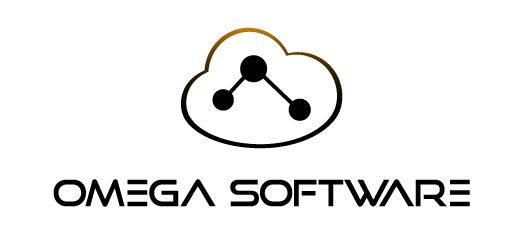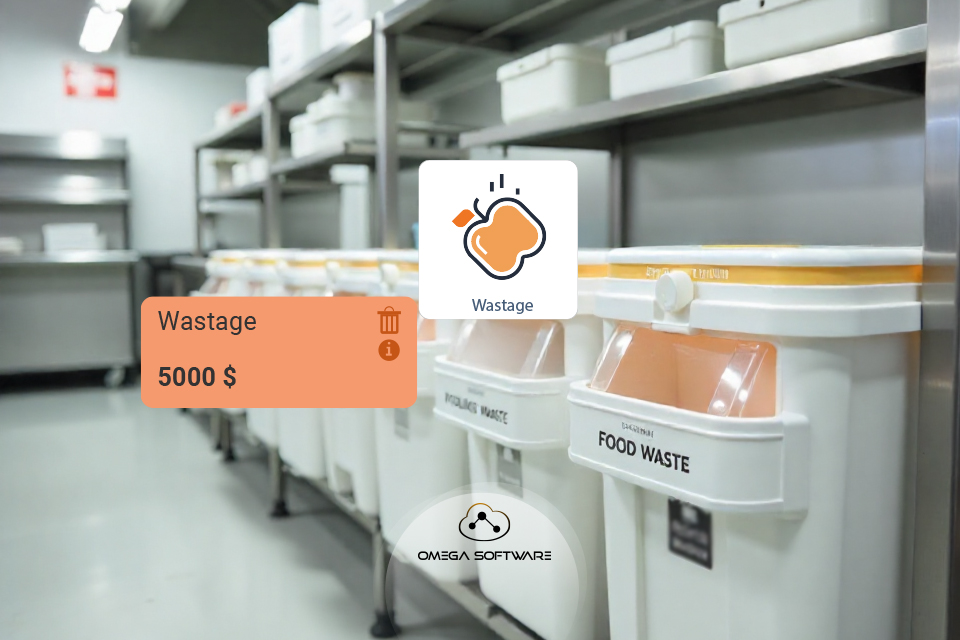Did you know that billions are lost globally every year simply because inventory systems fail to keep up? A staggering amount of that loss comes from food waste; one-quarter to one-third of all food produced is wasted before it’s even eaten. The good news? You can take control and reverse the trend.
The Hidden Cost of Food Waste
Global scale:
- Up to 1.3 billion tons of food is wasted annually, about one-third of what’s produced worldwide.
- That’s nearly $1 trillion in lost economic value each year.
- Food waste generates 8–10% of global greenhouse gas emissions, contributing heavily to climate change.
Beyond money:
- Wasted food means wasted land, water, energy, and labor.
- Disposal of food in landfills creates methane, a potent greenhouse gas that accelerates global warming.
Why Current Systems Fail
- The “out of sight, out of mind” problem: Without clear visibility of stock, spoilage and over-purchasing happen easily.
- Manual tracking methods like spreadsheets lead to frequent errors and wasted time.
- Bulk buying often increases waste if storage and rotation aren’t managed correctly.
The Lean Inventory Revolution
- FIFO (First-In, First-Out): Rotate older items out before using or selling newer ones to avoid spoilage.
- Date-based tracking: Learn the difference between “best by” and “use by” dates to make informed decisions.
- Purchase forecasting: Order based on actual usage trends rather than guesswork to prevent overstocking.
Tools That Transform Inventory Control
- Inventory tracking apps provide clear, real-time insights on what’s in stock and when it expires.
- Barcode scanning and digital weighing systems reduce errors and speed up data entry.
- Demand forecasting software anticipates usage patterns, helping you reduce waste before it happens.
Your Roadmap to Waste Reduction and Savings
- Start with a Waste Audit: Identify what’s being discarded most often and why.
- Adopt a “Leftover First” policy: Use existing items before buying new stock.
- Standardize procedures: Create consistent processes for receiving, storing, and rotating goods.
Food waste isn’t just an environmental issue—it’s a massive profit leak. By improving how you manage inventory, you can save money, protect resources, and contribute to a more sustainable future.
Start today: Run a Waste Audit, implement FIFO, and explore reliable tracking tools to gain control over your operations.

